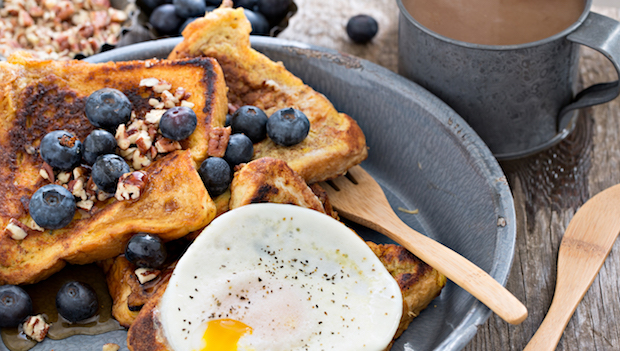
For most people, camping conjures images of a classic red cooler filled to the brim with ice and goodies. While that’s a good place to start, it’s not all you need for safe and effective camping food storage. As you set up your outdoor kitchen, consider the following important tips:
1. Sunshine is Your Cooler’s Enemy
You pray for sun weeks before the camping trip, and sure enough, you get your wish. But while they’re great for staying active, those rays aren’t so great for your cold food storage. Make sure you have a shady spot for your coolers, or you’ll be buying bags of ice every couple of hours. Look for shade under a tree, a built-in cover, tent awning or pop-up shelter.
2. Keep Animals Away
When you’re camping in the wild, you don’t want to invite critters into your site if you can avoid it. Unfortunately, though, the scent of food attracts animals, including bears, who will make a mess of your kitchen and take your food, too.
To avoid this potentially dangerous situation, make sure all food is closed up and put away, especially at night while you’re sleeping. Some basic camping food storage safety tips include:
- Take out all your trash at the end of the day. Anything left at the site will attract animals.
- Hang your coolers and storage bins from a tree, where curious critters can’t reach them.
- Use a lock to close your cooler and dry storage bins before bed. If bear boxes are provided, use them.
$PageBreak$
3. Plan for Plenty of Ice
If you’re camping for more than one night, plan to refill your ice. Call the campground office beforehand to find out if they sell it on the premises. If not, find out where you can buy more when you run out. The nearest store may be 20 miles away, if not more. If this is the case, coordinate with those arriving late to the site to grab fresh ice on their way. Or, plan to eat perishable items first.
4. The Tent is Not for Food Storage
There’s nothing like cookies and milk in bed, but when you’re camping, all food should be kept in the common kitchen area of your site. Animals are attracted to your food, and they don’t care where it’s located. So, if that scent is coming from your tent, you can be sure they’ll try to get in. Keep all food out of your tent, including bedtime snacks.
5. Dry Goods Need a Home, Too
Finally, don’t forget about storing your dry goods. To keep yourself and your food safe, it’s wise to bring a bin or two for all of your food. If food is scattered across your picnic table, or tossed in open bags, you may wake up to a mess you don’t want to clean. At night, you can hang your bins from a tree or lock them closed.
Camping food storage is a critical aspect of your planning process. Without proper storage, good food can go bad and you may attract the wrong visitors. Plan accordingly and enjoy good food for your whole trip.